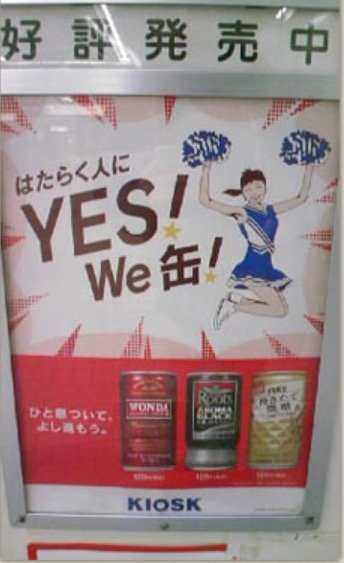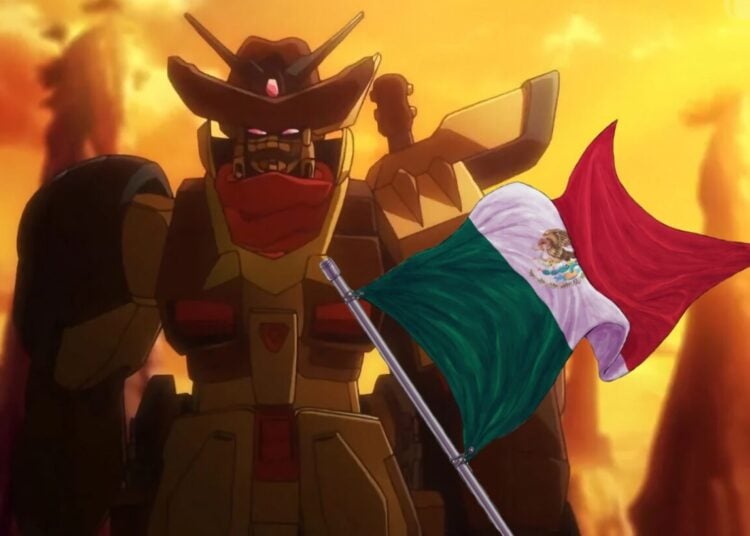For some reason, I’m able to recite the “government of the people, by the people, and for the people” part of Lincoln’s Gettysburg Address address in Japanese. It’s one of the most famous phrases in English, up there with the “I Have a Dream” speech, and since my students had to study it in their English classes, I picked it up while teaching them. Snippets of the Bible and of Shakespeare make their way into the Japanese language, too, and anyone who reads newspapers or magazines will be familiar with the local versions of “pearls before swine” or “frailty, thy name is woman,” although they might be fuzzy on the source. The most famous English phrase in Japan is probably one you’re not familiar with. It’s “Boys, be ambitious,” which was spoken by Professor Clarke, who taught English and agriculture at what would become Sapporo University in 1876. I have no idea why these words would become so well known here, but the Japanese of the day certainly took them to heart. The latest English phrase to become known by everyone in Japan is “Yes, we can!” and Georgia Coffee even made an advertisement for their canned coffee, substituting the kanji for “can” (kan) in the slogan.
(Although foreign loan words are written in katakana, there’s a small subset that have been in use so long they have been given honorary kanji.)

Georgia Coffee came up with an amusing way to advertise their products using English.














